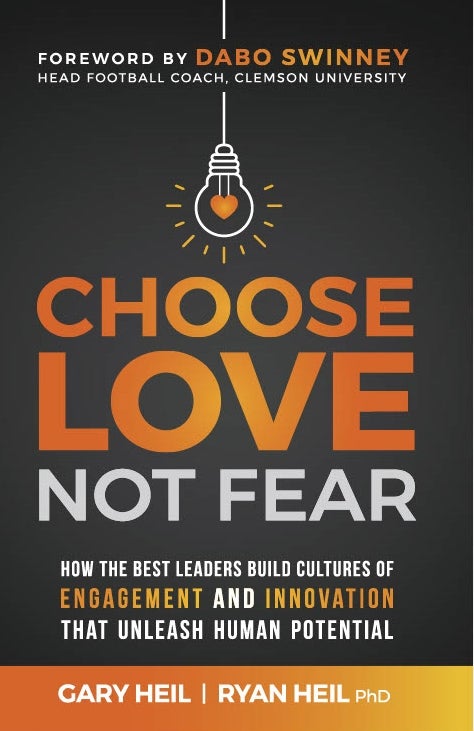
“Most professionals aren’t as good as they think they are. And that may be the secret to their success. I’ve come to believe that their belief in themselves is why they’re successful pros—and why I’m prematurely retired.”
These are the words of a golfer who was once lauded as the best junior player in the world—until he lost his confidence and the chance at a pro golf career. We’d been discussing our shared view that the best of the best, no matter the field, refuse to be pulled under by waves of self-doubt.
Instead, they believe their abilities aren’t fixed; with dedication, they’ll improve, and their best days lay ahead. They seem convinced that given the opportunity, they can build a rocket, put a man on the moon, or win the Ryder Cup with the whole world watching.
Most of us don’t possess that kind of confidence and optimism. Somewhere along the way, our dreams faded. We began to believe, “I’m not meant to change the world after all.” Others taught us, albeit unintentionally, to not expect much, to lower the bar, and to set realistic goals.
I can still remember the teacher who labeled me a “non-singer” when I was 13 years old after listening to five short notes. Unfortunately, I believed her, and I’ve spent the last half-century proving her right.
Of course, maybe I wasn’t destined to be a singer, no matter how my teacher reacted to my off-key intro to her favorite Christmas carol. But what seems unmistakably true, even decades later, is that other people’s expectations greatly influence how we think and what we think is possible. It’s a fact that’s been memorialized in stories throughout history. It’s the myth of Pygmalion. It’s in the play My Fair Lady and the movie Pretty Woman. The beliefs of others can have an outsized effect on our lives.
As leaders, why do we expect so little of so many?
This shared belief in the power of expectations makes it all the more curious that we, as leaders, expect so little from so many. We rely on fear to control or incentivize performance, and we readily accept the waste of human potential that results. But why?
When we restrict employees’ decision-making authority, when we limit the number of high grades a teacher can award in a class, when we build internally competitive cultures where one person’s success is dependent on another’s failure, we communicate a set of expectations that are virtually guaranteed to disappoint everyone involved.
When we set goals that require only modest effort, we are telling our people that modest effort is all we expect. It’s not that we intend to promote mediocrity—but we do with distressing regularity.
The best leaders raise the bar to build confidence

In our recently completed study of more than 700 leaders, the best leaders refuse to bow down to ho-hum expectations. They demand more from their people than most people expect of themselves. For these leaders, mediocrity is an enemy, one that’s never to be tolerated.
Instead, they look for the best in everyone, and they work to create environments where people can reach deep to find that person. The simple act of raising the bar is what ultimately builds the team’s confidence. Creating a culture where people can excel isn’t a tactic; it’s a moral imperative.
Arnold Palmer was once asked, “What’s the one piece of advice you would give to young golfers?” He answered that he’d tell that golfer every day that “they can play.” He would ensure the aspiring player understood that greatness was within his or her grasp.
Palmer believed that coaches, teachers, parents, and leaders have more of an impact than they realize—that their beliefs are contagious. He understood that while confidence can take years to develop, it can be undermined in a fraction of that time by people in positions of authority who mindlessly underestimate a person’s ability to make extraordinary contributions.
Believing in the impossible leads to the remarkable
Throughout my career, I’ve advocated for building cultures that allow people to face tough issues head-on and to see the world as it is. This still feels sound. In order to change, we need to see reality. However, I now believe we must also be willing to view the world through rose-colored glasses, even when that seems unrealistic. Believing that a team can do what others say is impossible is the secret to doing the remarkable.
We may not be as good as we think we are, but sometimes, our collective, unfounded confidence enables us to change the rules of the game that others find limiting.
1976 Views












